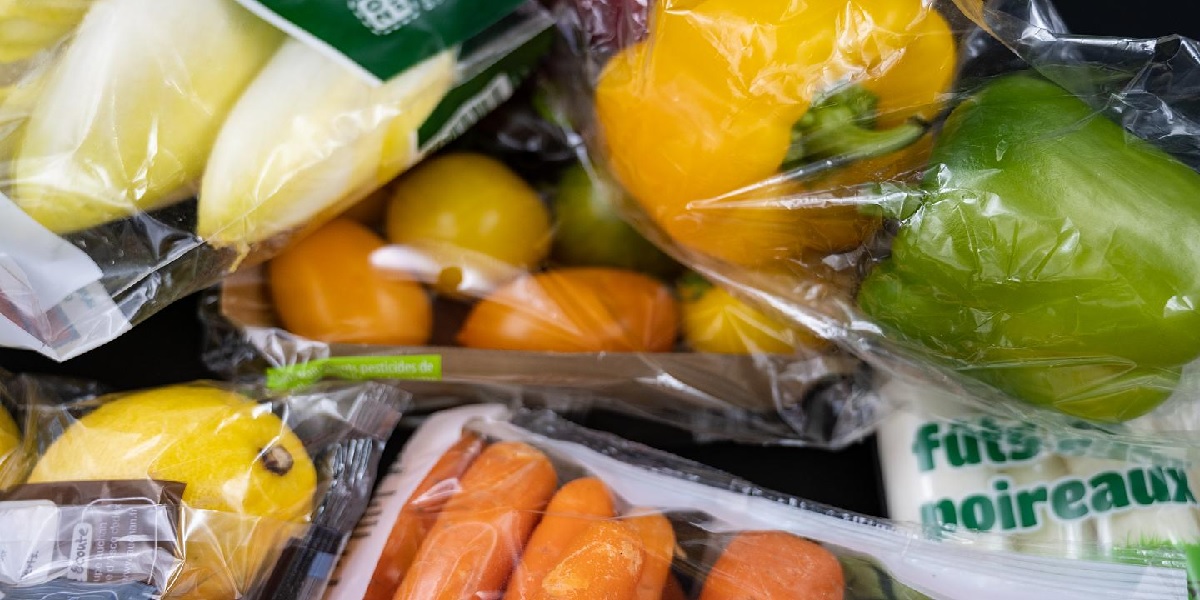France has banned the use of plastics in packaging most fruit and vegetables.
President Emmanuel Macron called the ban "a real revolution" and said it showed the country's commitment to phase out single-use plastics by 2040. The ban forms part of a multi-year program introduced by Mr. Macron's government that will see plastics slowly eased out in many industries.
In a statement announcing the new law, the Environment Ministry said that France uses an outrageous amount of single-use plastics and that the new ban aims at cutting back the use of throwaway plastic and boosting its substitution by other materials or reusable and recyclable packaging.
Under the new rules, leeks and carrots, tomatoes and potatoes, apples and pears, and about 30 other items can no longer be sold in plastic. Instead, they should be wrapped in recyclable materials.
Plastic will still be allowed for more fragile fruits such as berries and peaches but is to be gradually phased out in the coming years.
Magazines and other publications will also need to be shipped without plastic wrapping, and fast-food restaurants will no longer be allowed to offer free plastic toys to children. Later this year, public spaces will also be made to introduce water fountains to reduce the use of plastic bottles.
The government says the new regulation is expected to eliminate about 1 billion items of plastic waste a year.
President Emmanuel Macron called the ban "a real revolution" and said it showed the country's commitment to phase out single-use plastics by 2040. The ban forms part of a multi-year program introduced by Mr. Macron's government that will see plastics slowly eased out in many industries.
In a statement announcing the new law, the Environment Ministry said that France uses an outrageous amount of single-use plastics and that the new ban aims at cutting back the use of throwaway plastic and boosting its substitution by other materials or reusable and recyclable packaging.
Under the new rules, leeks and carrots, tomatoes and potatoes, apples and pears, and about 30 other items can no longer be sold in plastic. Instead, they should be wrapped in recyclable materials.
Plastic will still be allowed for more fragile fruits such as berries and peaches but is to be gradually phased out in the coming years.
Magazines and other publications will also need to be shipped without plastic wrapping, and fast-food restaurants will no longer be allowed to offer free plastic toys to children. Later this year, public spaces will also be made to introduce water fountains to reduce the use of plastic bottles.
The government says the new regulation is expected to eliminate about 1 billion items of plastic waste a year.


















